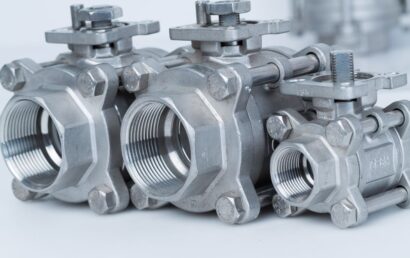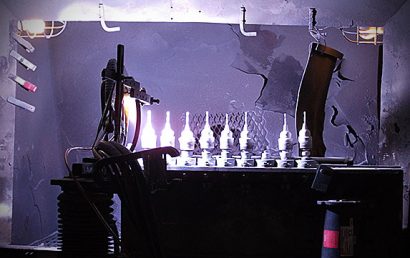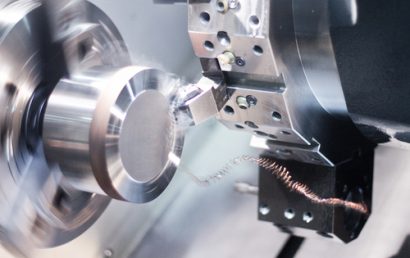Material Spotlight: High Carbon Steels
High carbon steels are known to offer excellent wear resistance because of their surface hardness. This type of carbon steels is very strong but more brittle and less ductile. In thermal spraying processes, high carbon steels are utilized mainly because they respond very well to heat treatment and definitely contribute to a longer service lifespan than medium carbon steels.
Understanding High Carbon Steels
If the steel has carbon contents between 0.6% to 1.4% of the total weight of the steel, it is considered as a high carbon steel. To achieve better strength and hardness, it is not hard to imagine why people increase carbon as the primary alloy but while doing so, we will have to deal with lower impact toughness, ductility and its reduced ability to be welded. For high strength wire, the limitation for adding carbon is mainly the eutectoid carbon level, as the grain boundary carbides will lower drawability. If these reasons do not compromise with your components to be coated, then using high carbon steels is ideal.
Adding Other Alloys to High Carbon Steels
It is not uncommon to add other alloys to high carbon steels to create a range of desirable characteristics. For example, when we want to maximize the hardening process as well as the corrosion resistance capability, we can add manganese or chromium alloys to high carbon steels. This is seen in the use of 52100 steel grade which is often use in the manufacturing of linear shafting.
Common Industrial Applications of High Carbon Steels
High carbon steels find the most use in cutting, bearing and mechanical applications since they can be strengthened through heat treatment. Here is a good list of industrial applications for high carbon steels:
- Pre-pressed concrete
- High strength cars
- Spring steels
- Rail steels
- Wheels for railway service
- Tire reinforcement
- Brackets
- Chains
- Pneumatic drill bits
- Wrenches
- Cold chisels
- Hacksaws
- Shear blades
- Knives
Using High Carbon Steels for Thermal Spray Coatings
If you are unsure if high carbon steels constitute the best material for you to be used during thermal spray processes on your components’ surfaces, you can always consult our material engineering specialists for guidance. We are able to study your components as well as your other needs in totality to provide solutions that tap on advantages that high carbon steels bring as well as other alternatives that can perform better than high carbon steels within your budget. Give us a call today if you want to learn more about high carbon steels as well as their alternatives for surface engineering.



